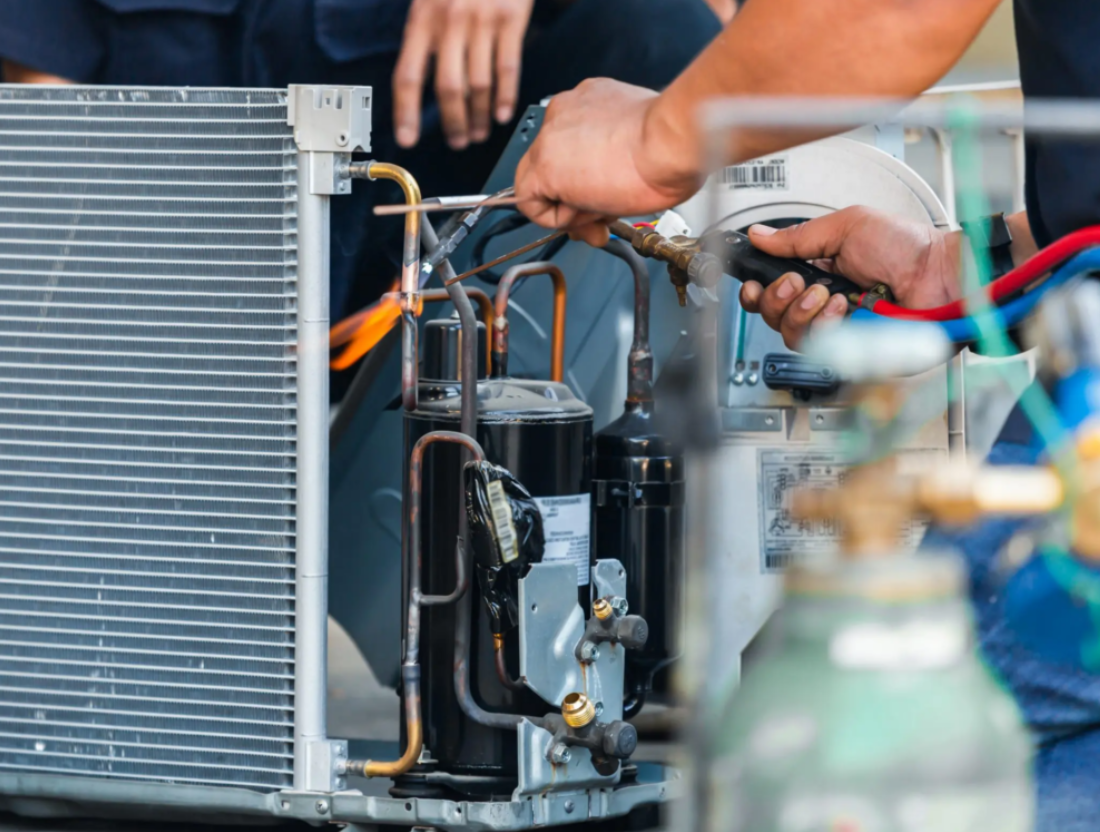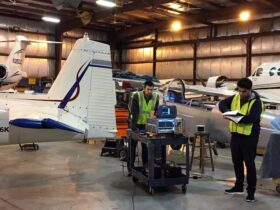In the fast-paced world of commercial food service and storage, maintaining an efficient refrigeration system is crucial. Whether you operate a restaurant, grocery store, or warehouse, the reliability of your refrigeration equipment directly impacts your bottom line. A malfunctioning refrigeration system can lead to food spoilage, financial loss, and unhappy customers. This article will provide a comprehensive guide to understanding commercial refrigeration system repair, including common issues, preventative measures, and when to call in the professionals.
Understanding Commercial Refrigeration Systems
Commercial refrigeration systems are designed to keep perishable goods at optimal temperatures, ensuring freshness and safety. These systems include a variety of equipment such as walk-in coolers, freezers, display cases, and ice machines. Each system works by removing heat from the interior to maintain low temperatures, using refrigerants, compressors, condensers, and evaporators.
Key Components of a Refrigeration System
- Compressor: Often referred to as the heart of the system, the compressor circulates refrigerant and compresses it to raise its pressure.
- Condenser: The condenser releases heat from the refrigerant to the surrounding air, transforming the refrigerant from a gas back into a liquid.
- Evaporator: The evaporator absorbs heat from the interior, cooling the air inside the unit as the refrigerant evaporates into a gas.
- Expansion Valve: This component regulates the flow of refrigerant into the evaporator, controlling the cooling process.
Understanding these components can help business owners identify potential issues before they escalate into significant problems.
Common Issues in Commercial Refrigeration Systems
Many factors can lead to refrigeration system malfunctions. Recognizing these common issues is the first step in effective commercial refrigeration system repair.
1. Temperature Fluctuations
Temperature fluctuations are often a sign of an underlying issue. This could be due to a malfunctioning thermostat, blocked air vents, or refrigerant leaks. Regular monitoring of temperatures can help identify these problems early on.
2. Excessive Noise
Unusual sounds, such as banging, hissing, or buzzing, can indicate mechanical issues within the compressor or other components. Ignoring these noises can lead to more significant damage, so prompt attention is necessary.
3. Frost Build-Up
Frost build-up in freezers or evaporator coils can restrict airflow, leading to inefficiencies and higher energy costs. This issue may stem from poor insulation, door seals, or a malfunctioning defrost timer.
4. Increased Energy Bills
If energy costs rise unexpectedly, it may signal that your refrigeration system is working harder than necessary. Common causes include dirty condenser coils, worn-out components, or refrigerant leaks. Addressing these issues can help restore energy efficiency.
Preventative Maintenance
To avoid costly repairs and ensure the longevity of your commercial refrigeration system, regular maintenance is essential. Here are some proactive steps you can take:
1. Regular Inspections
Schedule routine inspections of your refrigeration system to identify and address potential issues before they escalate. Trained technicians can assess system performance and recommend necessary repairs or adjustments.
2. Clean Condenser Coils
Dirty condenser coils can hinder the efficiency of your refrigeration system. Regularly clean the coils to remove dust and debris, allowing for optimal heat transfer.
3. Check Door Seals
Worn or damaged door seals can lead to temperature fluctuations and energy loss. Inspect seals regularly and replace them as needed to maintain efficiency.
4. Monitor Temperature Settings
Ensure that the thermostat is set to the appropriate temperature for your stored goods. Regularly monitor temperatures and adjust settings as necessary.
When to Call in the Professionals
While some minor repairs can be handled in-house, there are situations when it’s best to call in experienced technicians for commercial refrigeration system repair. These include:
1. Complex Repairs
If the problem involves complex components such as the compressor or refrigerant lines, it’s essential to seek professional assistance. Attempting to fix these issues without proper knowledge can lead to further damage and safety hazards.
2. Refrigerant Leaks
Refrigerant leaks require specialized knowledge and equipment to repair. Not only can leaks affect system performance, but they can also pose environmental and safety risks.
3. Frequent Breakdowns
If your refrigeration system is experiencing frequent breakdowns despite regular maintenance, it may indicate deeper underlying issues. Consulting with professionals can help diagnose and resolve these problems effectively.
Conclusion
Maintaining an efficient commercial refrigeration system is vital for any business that relies on temperature-sensitive products. By understanding the common issues and implementing preventative maintenance strategies, business owners can reduce the risk of costly repairs and ensure their refrigeration systems operate smoothly. When faced with complex issues, seeking professional help for commercial refrigeration system repair is essential for maintaining the integrity of your business operations. Keeping it cool is not just about temperature; it’s about safeguarding your products, your customers, and your reputation in the marketplace.










Leave a Reply